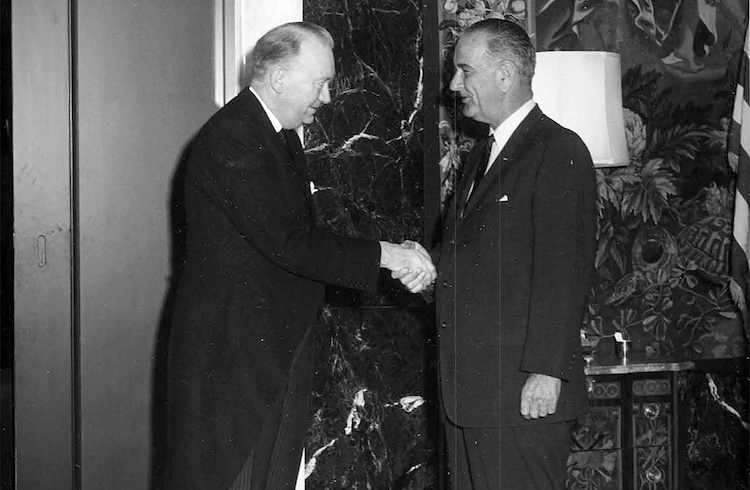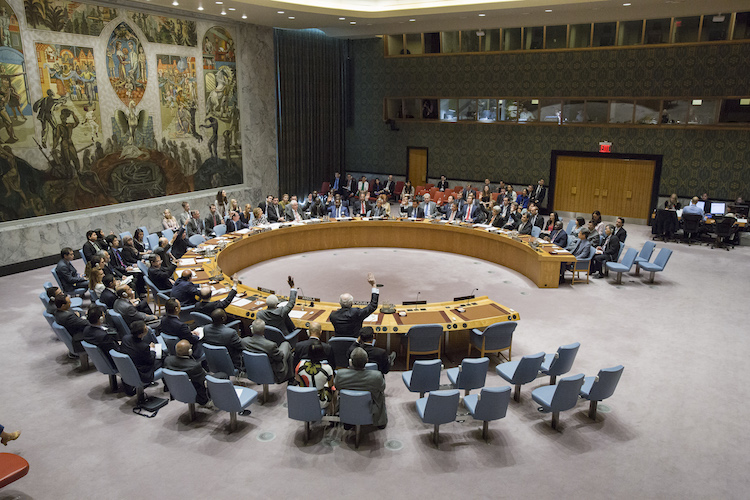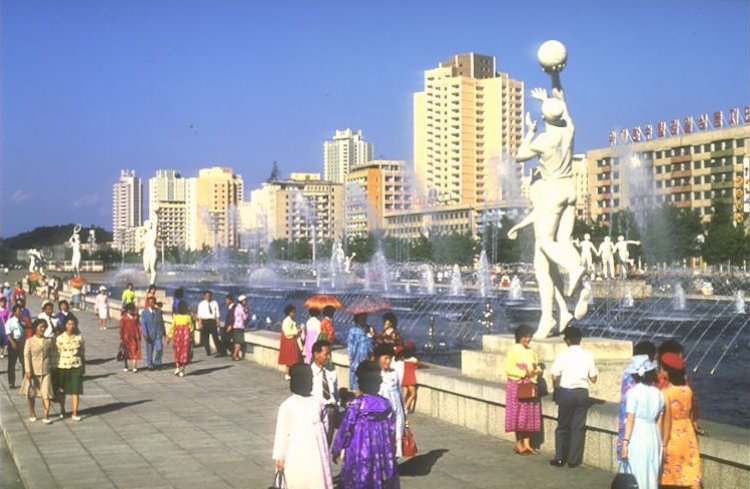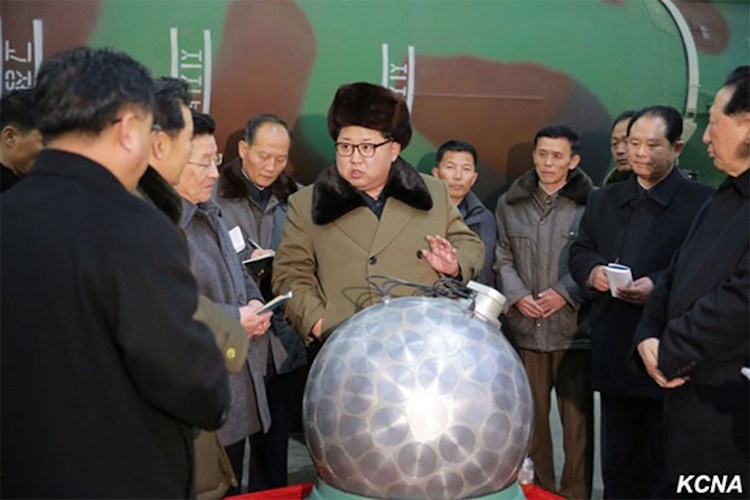REYKJAVIK – At an IPI seminar in Reykjavik, Iceland on October 11, former Soviet leader Mikhail Gorbachev said via video, “I would like to emphasize something, with all the emotions I have in my soul: the worst thing that has happened over the past few years is the collapse of trust in relations between the major powers, which, according to the UN Charter, bear primary responsibility for maintaining international peace and security, and which still have enormous stockpiles of nuclear weapons and must reduce them, up to and including their elimination.”









